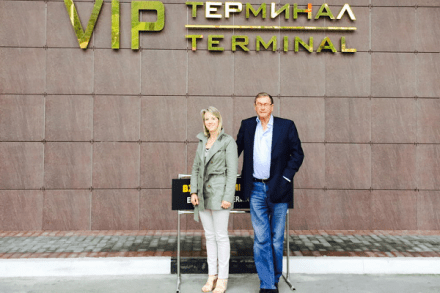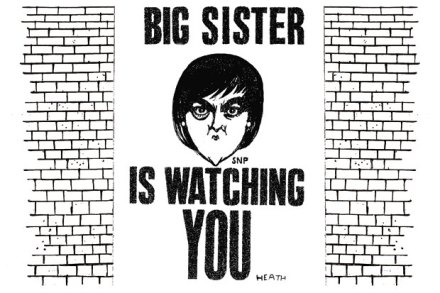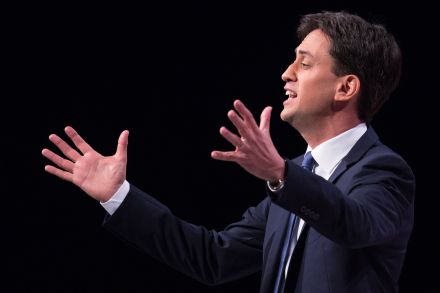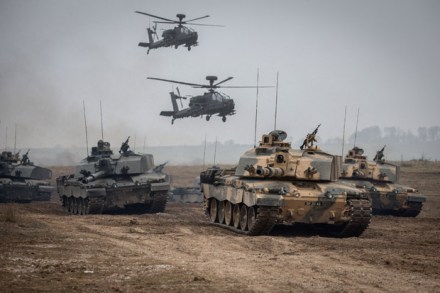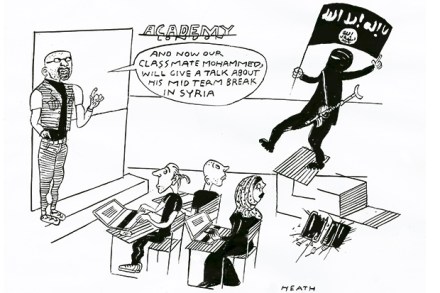The Spectator’s Notes | 4 June 2015
We in the West all hate Sepp Blatter, so we pay too little attention to the manner in which the Fifa executives were arrested. For what reason, other than maximum drama, were they all ensnared in a dawn raid on their hotel in Zurich? Are we really satisfied that the US authorities should behave in this way outside their jurisdiction? What is left of Swiss independence if they act thus under US pressure? Can we be confident that this very fat man called Chuck Blazer really exists, or has he been invented by Hollywood? In America, lawyers are more like political players or business entrepreneurs than the sub-fusc professionals of



